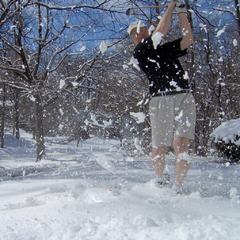IGNORED
Weight Forward - Using SwingCatalyst and SAM Balance Lab to Explain Pressure Throughout the Swing
Note: This thread is 3490 days old. We appreciate that you found this thread instead of starting a new one, but if you plan to post here please make sure it's still relevant. If not, please start a new topic. Thank you!
-
TST Partners






Direct: Mevo, Mevo+, and Pro Package.
Coupon Codes (save 10-20%): "IACAS" for Mevo/Stack/FitForGolf, "IACASPLUS" for Mevo+/Pro Package, and "THESANDTRAP" for ShotScope. 15% off TourStriker (no code). -
Posts
-
By iacas ·
Because you claim to be from Australia but have an IP address in NYC or Germany? 😄
×
- Create New...
Important Information
Welcome to TST! Signing up is free, and you'll see fewer ads and can talk with fellow golf enthusiasts! By using TST, you agree to our Terms of Use, our Privacy Policy, and our Guidelines.



Recommended Posts
Topics Being Discussed Right Now on The Sand Trap
Wordle Daily Puzzle 1 2 3 4 472
By iacas, in The Grill Room
TheSandTrap Member Map 1 2 3 4 7
By DaveP043, in Welcome, Everyone
Which Irons?
By Manx995, in Golf Talk
"5 Minutes Daily" Practice Challenge 1 2 3 4 910
By iacas, in Instruction and Playing Tips
Tagged with:
Food Thread 1 2 3 4 83
By mvmac, in The Grill Room